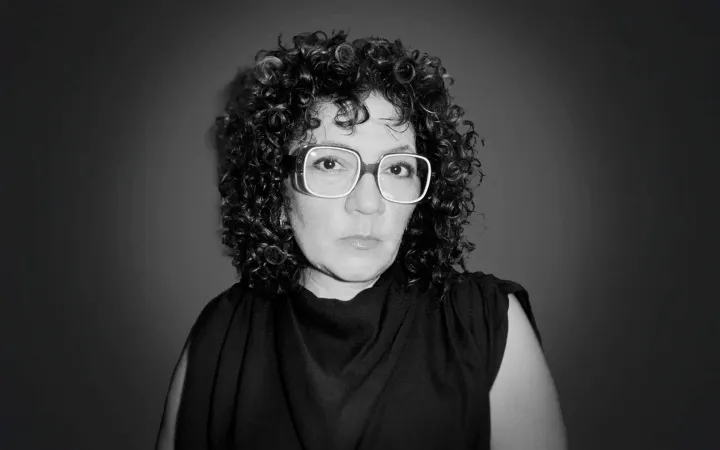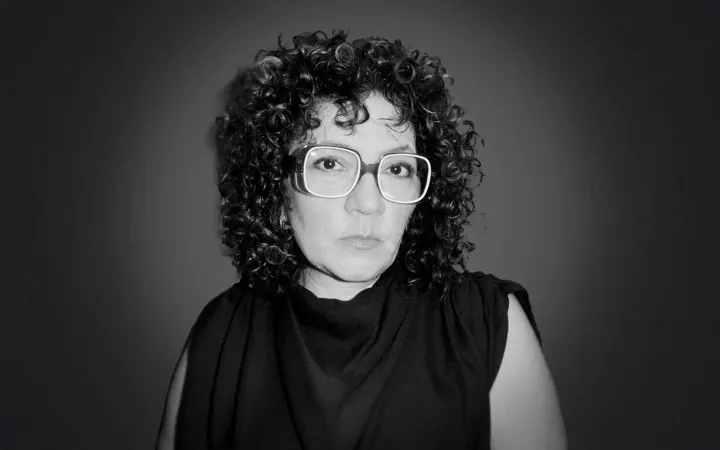Por Adriana Sandoval
Resulta que con un pequeño movimiento de dedo podemos encontrar cualquier cantidad de información sobre nutrición, ejercicio, creación de buenos hábitos, recetas sanas y todo lo que implica llevar un estilo de vida saludable.
Entonces ¿Qué nos impide llevarlo a cabo? ¿Cómo podemos traducir todo el conocimiento en acciones concretas? ¿Dónde está la desconexión entre el discurso y la práctica?
Todo empieza con esta pequeña frase: Exceso de información y parálisis por análisis.
La sobrecarga de información puede llevarnos a la parálisis, donde la abundancia de datos genera confusión y dificulta la toma de decisiones. Es esencial filtrar la información y centrarse en fuentes confiables y basadas en evidencia científica. La mejor manera es hablar con un especialista, los influencers no estudiaron metabolismo ni anatomía, solo te hablan de lo que les funciona personalmente pero tu eres otro individuo con características y necesidades diferentes; y sobre todo, a ti no te pagan por recomendar ese producto o rutina de ejercicio.
Lo primero que tenemos que hacer es identificar las barreras que impiden la adopción de hábitos saludables. Busca un rato de paz y escribe cuáles son las razones que te han llevado a dejar esos hábitos que prometiste seguir. Te comparto los que más escucho:
1. Expectativas Irreales: Tener un peso saludable o hacer ejercicio implica tiempo y esfuerzo. Tu cuerpo no va a cambiar en poco tiempo y tampoco te vas a despertar a las 5 de mañana para ir al gimnasio cuando nunca lo has hecho.
2. Estado emocional: El cuerpo no puede atender a varios amos al mismo tiempo, si estás viviendo un duelo o tienes problemas en el trabajo, seguramente estás produciendo hormonas de estrés y eso no ayuda.
3.- Entorno : ¿Qué pasa en casa, en el trabajo, con amigos? ¿Te apoyan para tener buenos hábitos? ¿Te critican por levantarte temprano a entrenar, por llevar comida al trabajo?
4..- Falta de Planificación: Muchos somos buenos para planear pero se nos olvida que el día a día no es perfecto, casi nadie toma en cuenta los días difíciles, cuando no tienes tiempo de nada, cuando viajas, cuando duermes poco, etc.
Ahora te doy algunas estrategias para convertir el conocimiento en acción:
1.- Establecer Metas Realistas: Implementar cambios pequeños y sostenibles en lugar de transformaciones drásticas.Tienes que ser sincero, dale tiempo al proceso, empieza poco a poco. Yo sugiero a mis pacientes comprometerse con un 20 o 30% de todo lo que quieren mejorar, hacer una evaluación semanal y si lo lograste, aumenta algo más, en poco tiempo estarás en un 80 o 90% de las acciones a seguir y ese número ya es muy bueno.
2.- Convierte a tus emociones en aliadas no en enemigas: Aprende a detectar cuando lo que toca es dormir más, estar con tus seres queridos, hacer yoga y dejar el body combat por un rato. También tu cuerpo te avisará cuando puedes retarte más y ahí cambiarán los objetivos. Arrastrar por el gimnasio o la pista de atletismo a un cuerpo que lo que quiere es descanso, es una tarea titánica que sólo te lleva a frustraciones y lesiones.
También aprende a detectar si estás comiendo por ansiedad, tristeza o aburrimiento. ¿Cómo puedes saber? Cuando comes por hambre sientes saciedad después de un rato, cuando comes por otras razones no te sacias nunca porque no necesitas comida, tu hambre es otra.
3.- Decora y depura tu entorno: No hablamos de dejar a tus amigos, sólo habla con ellos de lo que quieres lograr y para ti es importante, seguro lo valorarán y aprenderán a estar contigo de forma diferente.
Prepara una zona en casa donde puedas hacer ejercicio o sólo relajarte, organiza el refrigerador, compra envases de comida adecuados para transportar y calentar fuera de casa. Ponte de acuerdo con amigos de la oficina para llevar botanas sanas entre todos y compartir.
Suscríbete para leer la columna completa…


